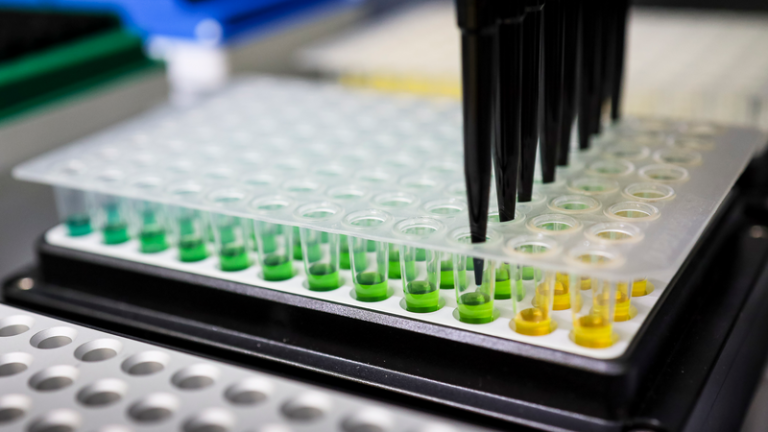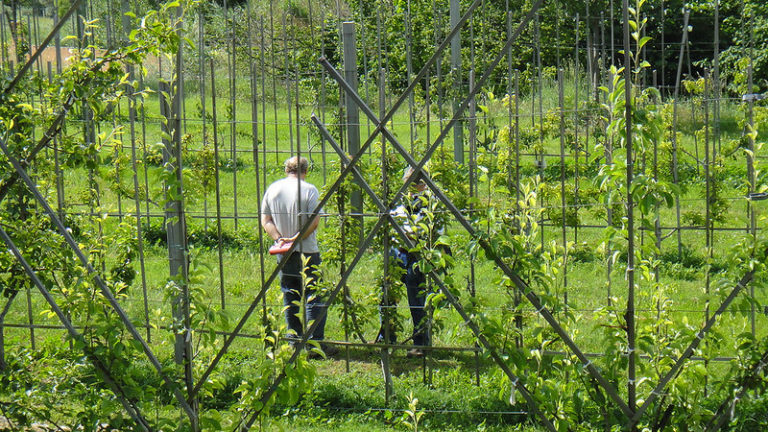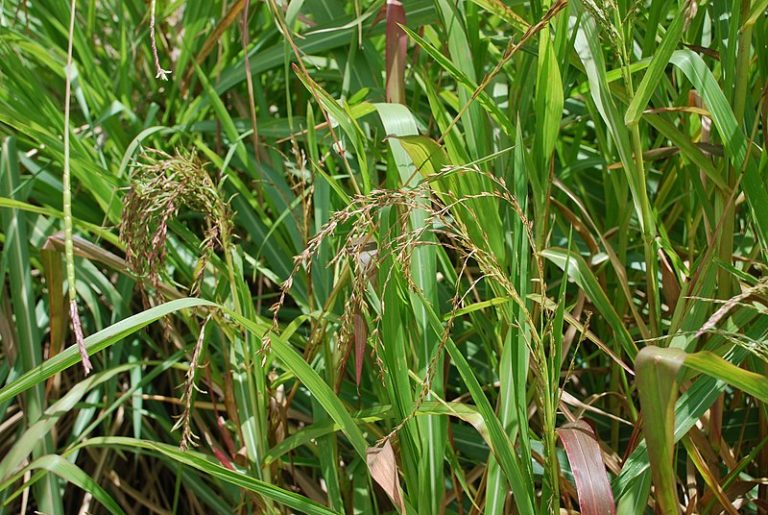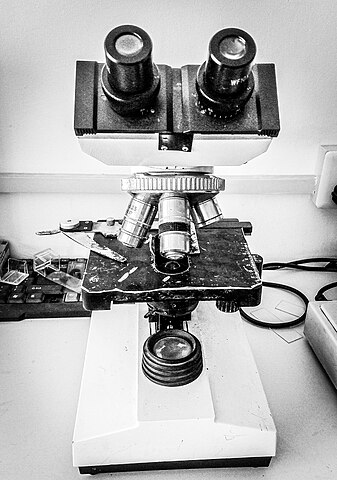
Analysis / Detection
European and French experts consulted too late on GMO/NGTs ?
While the European Union has been discussing GMO deregulation since July 2023, European and French scientific experts have been and continue to be quite ignored. In France, although the opinion of the Anses was required as early as 2021, its publication took place in March 2024, a month after the vote by MEPs. The latter decided to consult their european experts after the vote, rather than before. However, in order to deliver its opinion in July 2024, the EFSA will make an exception to its procedure: it will not organize a public consultation…

Non-transgenic GMO
Patents pose a real threat to two plant breeders
Since autumn 2023, the issue of patents has come to the fore in the debates surrounding the deregulation of GMOs. Some Member States and MEPs are concerned about the impact of agro-industry patents on the rest of the agricultural sector. History shows that the threats they represent are very real indeed. Here are two examples of seed companies whose products are targeted by such threats.

Covid19
“Gain of function” in viruses: research in question
A gain of function (GOF) is an action taken on a micro-organism to give it a new function. Similarly, loss of function is sometimes also sought using identical techniques. We will include this in GOF. What does gain of function mean? Let’s take an example. Suppose a virus is specific to an animal species and […]

Authorization
GMO plants, bacteria, viruses and animals: can they all be deregulated?
When the European Commission proposed, on 5 July 2023, to deregulate GMOs, it specified that only plants would be concerned. It even asked to officially state that this deregulation would not apply to “microorganisms, fungi and animals for which the available knowledge [on safety] is more limited“. But it does not mention having begun to […]

New genomic techniques (GMO/NGT)
Excluding GMOs/NGTs from patentability would be an illusion
On 7 February 2024, the European Parliament proposed to make a distinction between products derived from NGTs, such as plants, their parts and the genetic information they contain, which would be excluded from patentability, and NGT processes for obtaining these products, which would not be excluded. However, this decision could not be adopted in the […]

Biodiversité cultivée
Seed marketing reform: freeing cultivated biodiversity or patented GMOs?
While the proposed deregulation of GMOs is attracting a certain amount of attention, a proposal for a regulation on the marketing of seeds and other plant reproductive material is also being discussed in Brussels, albeit on a much more confidential basis. To shed light on what is at stake in these discussions, Inf’OGM is publishing […]

New genomic techniques (GMO/NGT)
GMOs/NGTs : a deceptive patent ban
Since its publication on 5 July 2023, the European Commission’s regulatory proposal on “new genomic techniques” (NGTs) has been the subject of a complex and intense debate. A number of problems have been raised, such as the lack of a scientific basis, the proposed abolition of traceability for GMOs derived from these techniques, the abolition […]

Contamination
Problems ahead due to cultivation of GMO maize in Europe?
At the beginning of January 2023, the Anses published its comments on the environmental monitoring report on the cultivation of transgenic maize Mon810 in Spain and Portugal in 2021. Authorised for cultivation in the European Union since 1998, Mon810 transgenic maize produced by Bayer (since its acquisition of Monsanto) is subject to annual environmental monitoring […]

Lobby / conflict of interest
Few micro-organisms modified by Crispr are already on the market
There are eleven bacteria, 22 yeasts, one endophytic fungus (living symbiotically inside plants) and one micro-algae. These 35 micro-organisms identified by the European Food Safety Authority (EFSA) are either in the pre-commercialization phase or, in the case of a minority, already on the market. They have been genetically modified via protocols using new genetic modification […]

